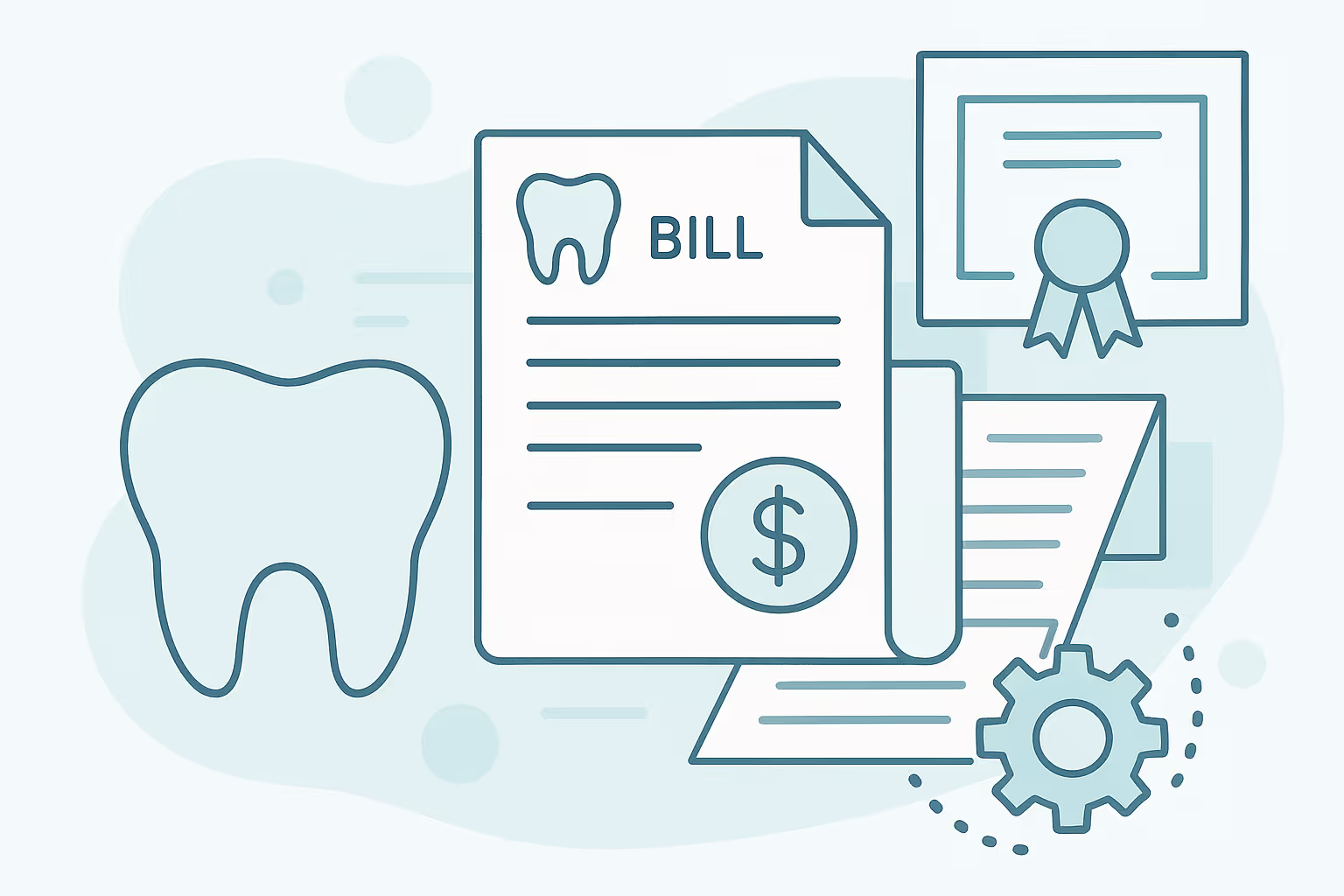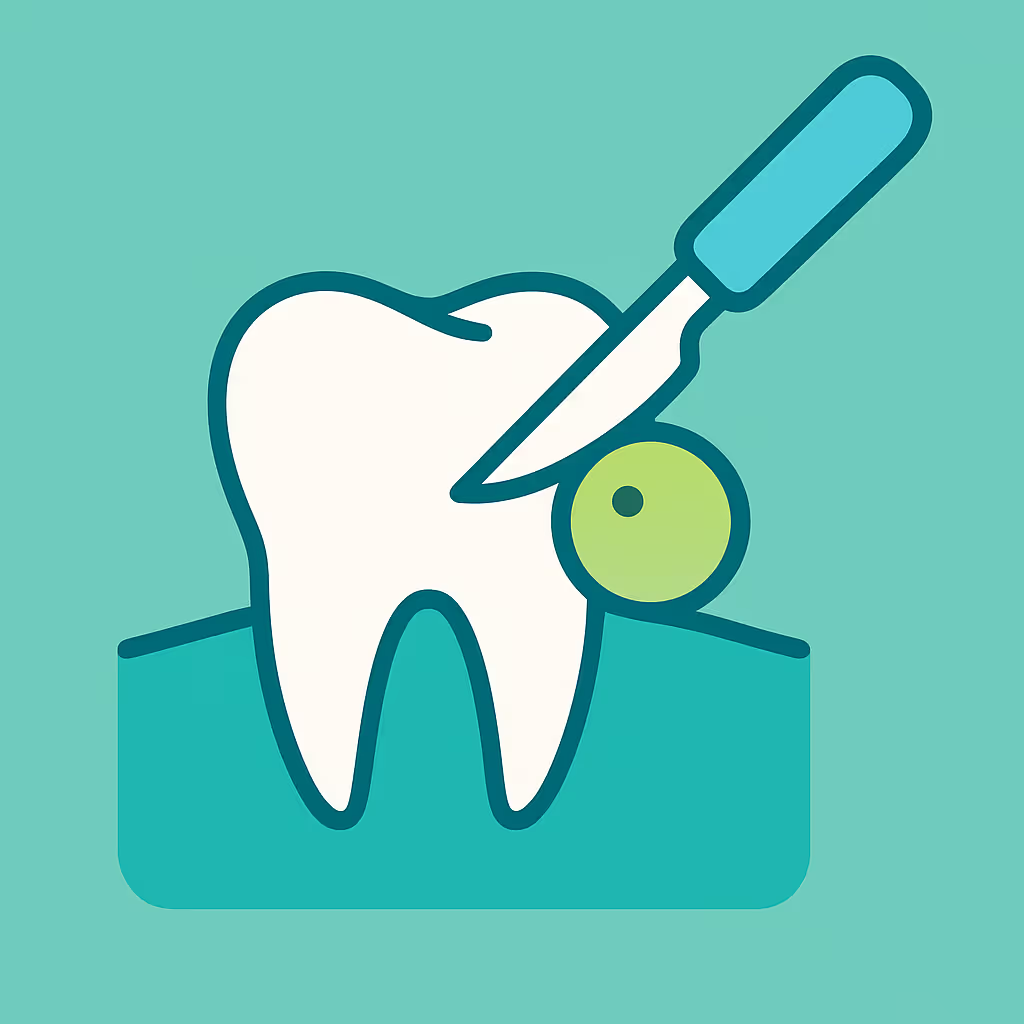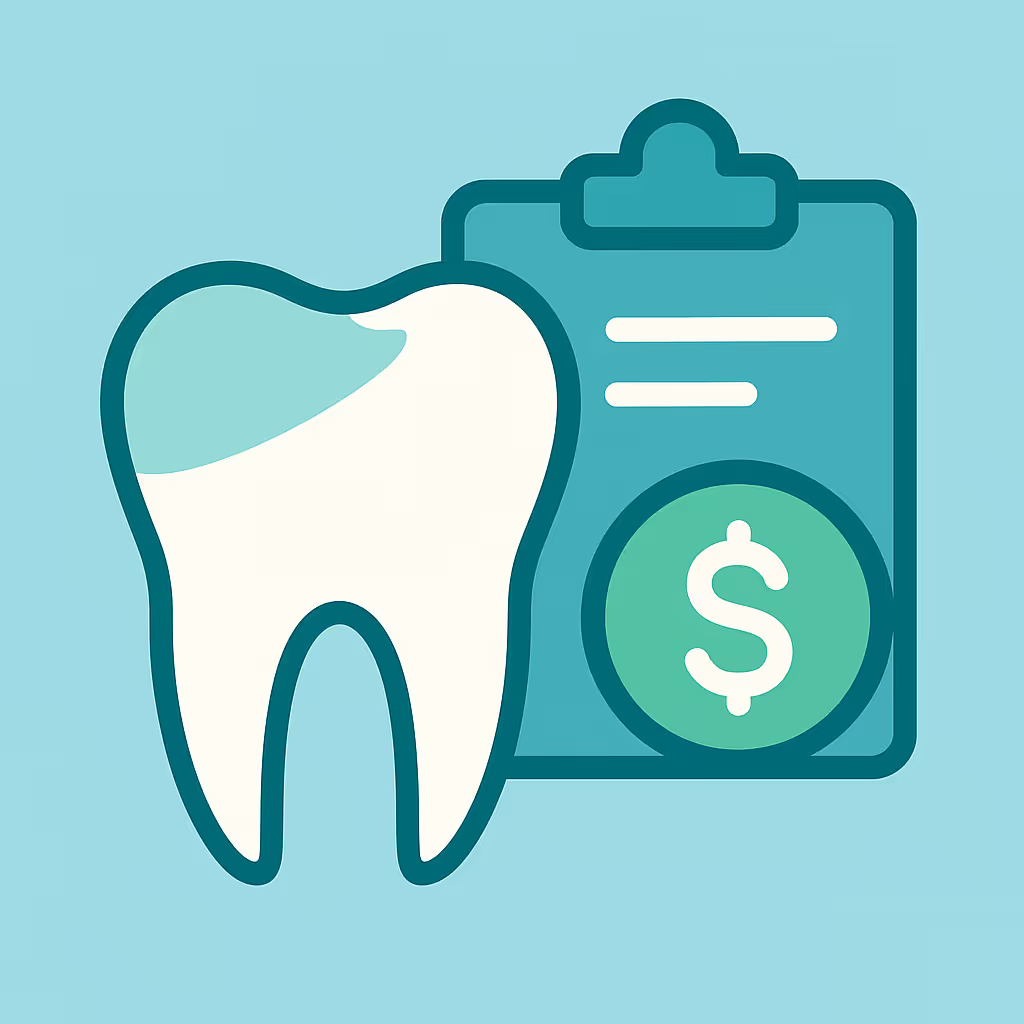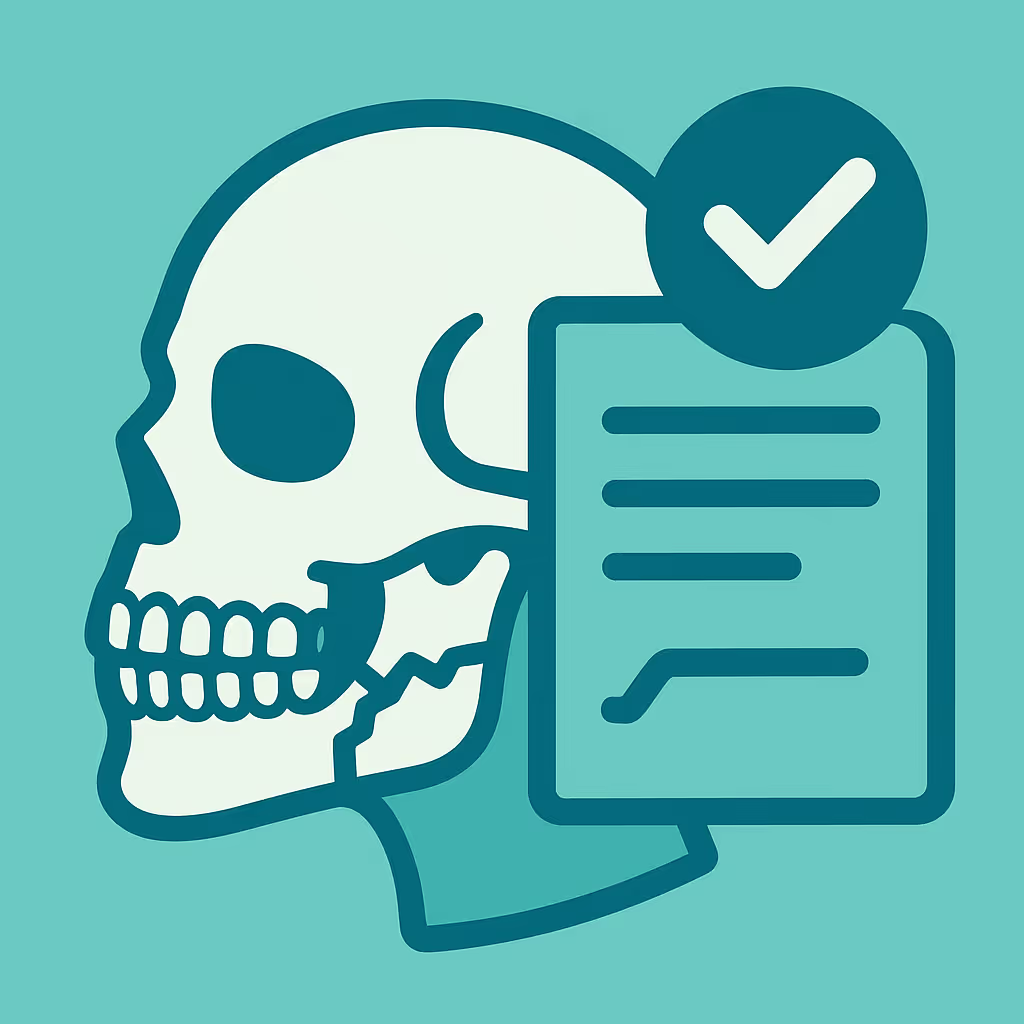Training for Dental Billing: Courses, Certifications, and Resources
Why Formal Training in Dental Billing Matters
Dental billing is a specialized skill that goes far beyond simply submitting insurance claims. Today’s dental offices face a complex landscape of CDT codes, payer policies, and ever-changing insurance requirements. Formal training ensures that dental billers and office managers understand the nuances of insurance verification, claim submission, EOB (Explanation of Benefits) interpretation, AR (Accounts Receivable) management, and claim appeals. Well-trained billing professionals help practices reduce claim denials, speed up reimbursements, and maintain compliance with industry standards. Investing in formal education not only boosts revenue but also builds patient trust by minimizing billing errors and ensuring transparent communication about costs and coverage.
Overview of Dental Billing Courses and Certifications
There are a variety of dental insurance billing courses designed to fit different experience levels and learning preferences. Entry-level courses typically cover the basics of dental terminology, CDT coding, insurance verification, and claim submission. More advanced programs dive into AR management, handling secondary insurance, claim appeals, and compliance with HIPAA and other regulations.
Certification programs, such as those offered by recognized dental billing associations, provide a structured curriculum and a formal credential upon completion. These certifications demonstrate a commitment to professionalism and ongoing learning, which can be a valuable asset for both individual billers and dental practices. When choosing a course, look for programs that include hands-on practice with real-world scenarios, up-to-date training on current CDT codes, and modules on electronic claim submission and appeals processes.
On-the-Job vs Classroom Training: Pros and Cons
Many dental billers start by learning on the job, picking up skills from experienced colleagues or through trial and error. On-the-job training offers immediate, practice-specific knowledge and the ability to learn using the office’s actual software and workflows. However, this approach can leave gaps in understanding, especially when it comes to new CDT codes, insurance updates, or best practices for AR management and claim appeals.
Classroom-based or structured online courses, on the other hand, provide a comprehensive foundation. These programs often include step-by-step instruction on insurance verification, claim submission, EOB review, and appeals. Classroom training ensures that billers are up to date with industry standards and can confidently handle a wide range of billing scenarios. The best approach often combines both methods: formal coursework for foundational knowledge, supplemented by ongoing, practice-specific training in the office.
Online Resources and Free Training Materials
For dental professionals seeking flexible learning options, online resources and free training materials are invaluable. Many reputable organizations offer webinars, downloadable guides, and video tutorials covering topics such as CDT code updates, insurance verification checklists, and best practices for submitting clean claims. Interactive forums and peer groups can also provide support for troubleshooting tricky billing situations or navigating claim denials.
When using free resources, it’s important to verify that the information is current and aligns with the latest industry standards. Look for materials that include practical examples, such as how to read an EOB, steps for appealing a denied claim, or templates for patient financial communications. Regularly reviewing these resources helps billers stay sharp and adapt quickly to changes in payer policies or coding requirements.
Continuing Education for Dental Billing Professionals
The dental insurance landscape is constantly evolving, with annual CDT code updates, new payer requirements, and regulatory changes. Continuing education is essential for billing professionals who want to maintain accuracy and efficiency. Many certification programs require ongoing CE credits, which can be earned through advanced courses, workshops, or industry conferences.
Successful dental offices encourage their billing teams to pursue continuing education by providing access to the latest training materials and supporting attendance at relevant seminars. Regular team meetings to review recent claim denials, discuss AR trends, and share updates on payer policies can also foster a culture of learning and continuous improvement. By staying current, dental billing professionals help their practices maximize collections, minimize errors, and deliver a seamless patient experience.





